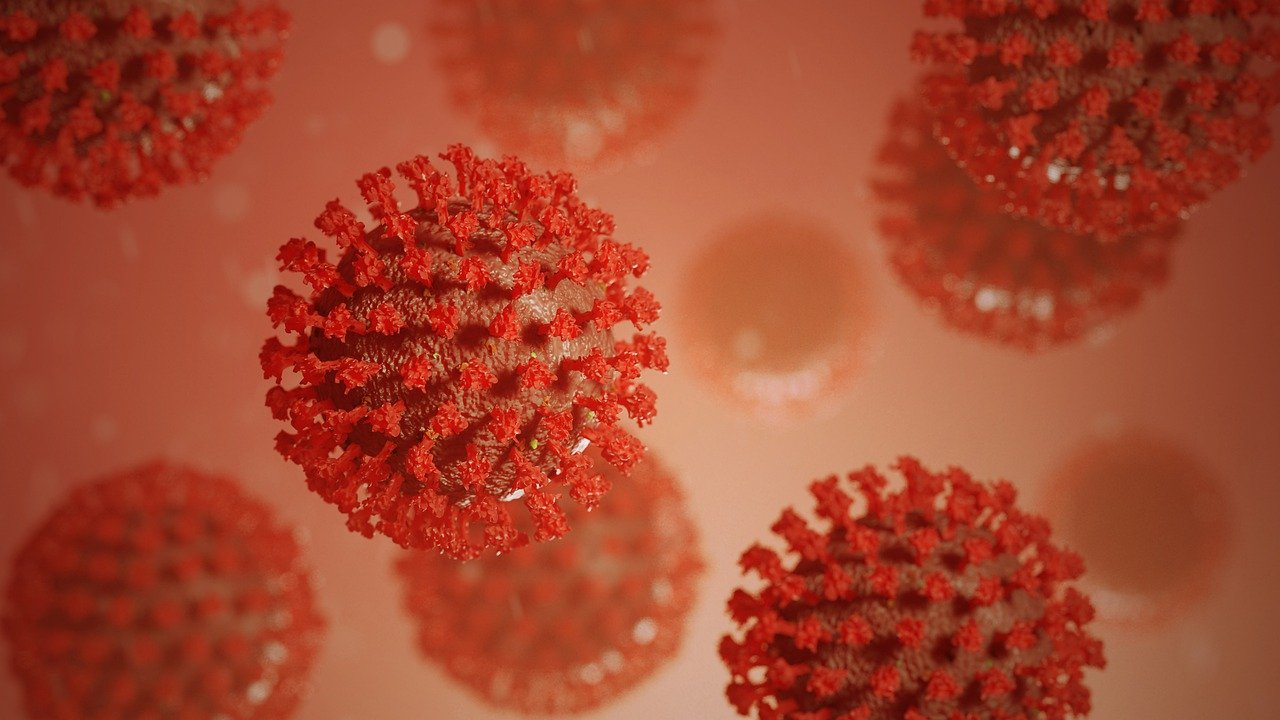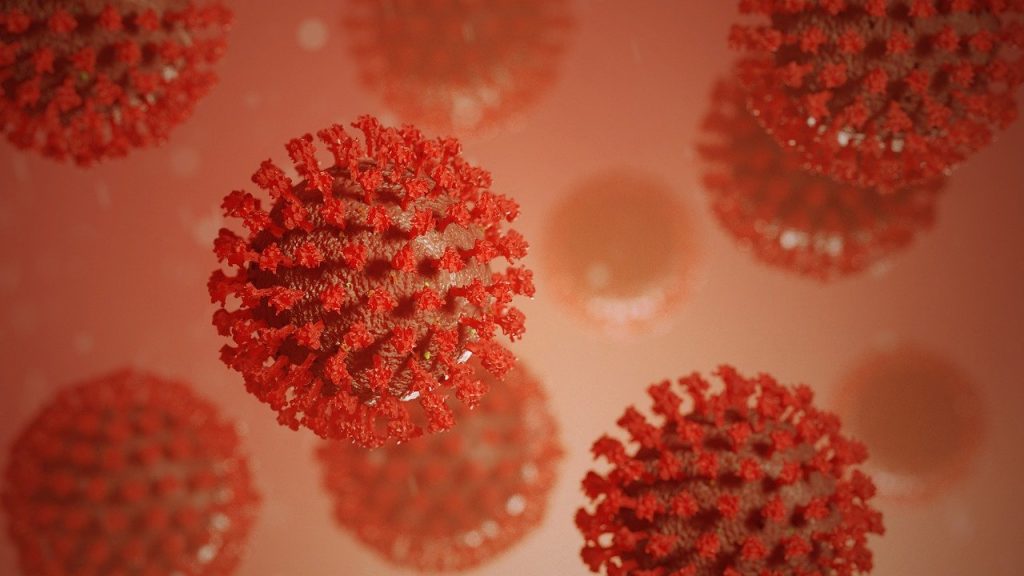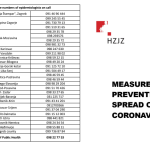
ZAGREB, Nov 24, 2020 – The Croatian Public Health Institute (HZJZ), in cooperation with Zagreb’s sewage management authority, has launched a project to test sewage in an effort to identify possible traces of the COVID-19 virus.
Analysis of sewage is used to determine the presence of biological or chemical matter for the purpose of monitoring public health and it has been used to identify the presence of pharmaceutical or industrial waste, medicaments and viruses and the potential emergence of bacteria resistant to antibiotics.
Recent research has shown that identifying traces of coronavirus in sewage can help in monitoring the outbreak of COVID-19, HZJZ has said.
The project is being conducted in cooperation with the World Health Organisation in Croatia and is being financed by the German government.
Similar testing is already being conducted in several countries around the world including Italy, the Netherlands, Hungary, Spain and France.
Monitoring sewage can lead to predicting the outbreak of infection
Even though these analyses cannot identify people who are infected, they can detect coronavirus RNA in human feces several days to a week before symptoms develop. Research has shown that by monitoring sewage it is possible to predict the outbreak of infection before individual testing and hospitalisation.
“This kind of testing is an early warning tool,” HZJZ said.









